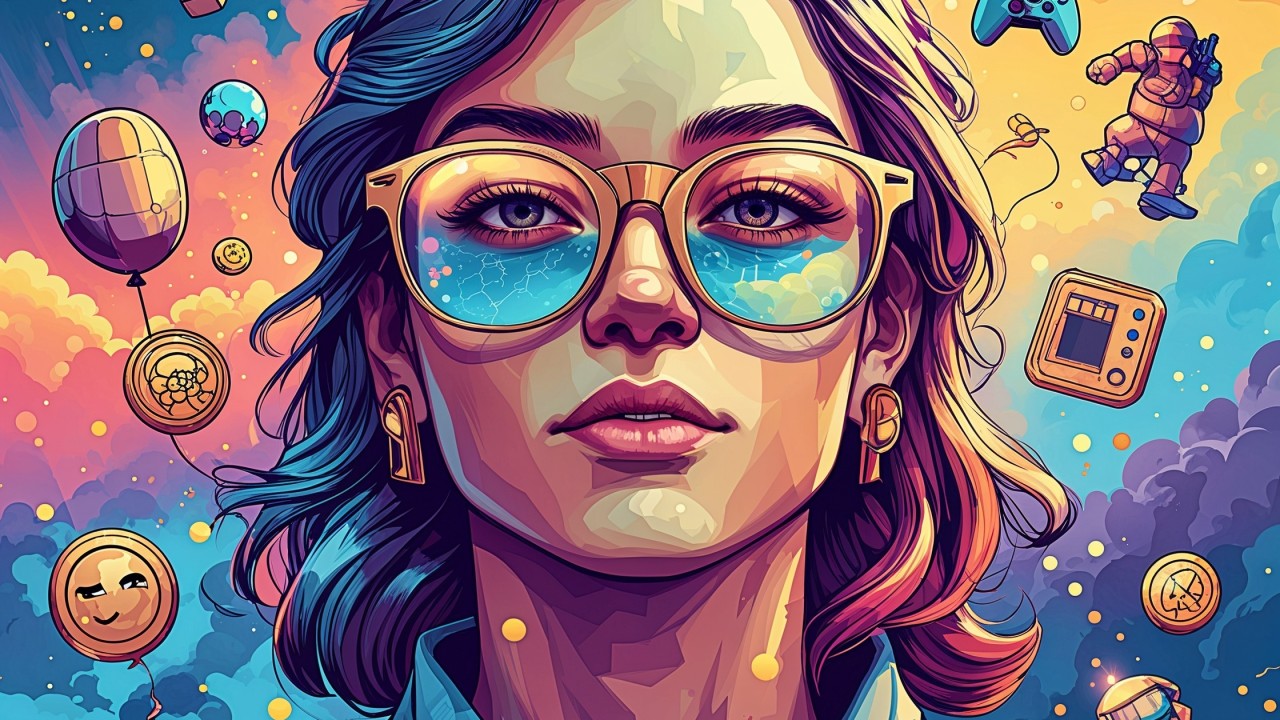Introduction
Games have come a long way from pixelated screens and basic joysticks. Today, gaming is a multi-billion-dollar global industry that spans genres, platforms, and cultures. Whether you’re playing casually on your phone, immersed in a virtual world on a console, or competing in high-stakes esports tournaments, games are more than entertainment—they’re experiences that engage the mind, connect communities, and inspire creativity.
The Power of Play
At their core, games fulfill a basic human need: the desire to play. But play is not just child’s fun—it’s essential for growth and mental wellness. Games offer:
-
Challenge: They stimulate critical thinking and decision-making.
-
Achievement: Unlocking levels or earning rewards boosts motivation.
-
Escape: Games create safe spaces to relax and unwind.
-
Exploration: Virtual worlds let players experience fantasy, adventure, and discovery.
From puzzle-solving in strategy games to storytelling in role-playing games (RPGs), gaming is a flexible form of expression.
Social Connection Through Gaming
Gaming is no longer a solitary activity. Online games bring people together across continents and time zones.
-
Multiplayer games like Fortnite or Call of Duty foster teamwork and competition.
-
Co-op games strengthen friendships and family bonds.
-
Virtual communities in games like Minecraft or Roblox allow players to create, socialize, and collaborate.
In fact, many gamers report making lifelong friends through shared gaming experiences.
The Rise of Esports and Game Culture
Esports has exploded into a mainstream phenomenon. Professional gamers, live-streamers, and competitive tournaments are watched by millions worldwide.
-
Top players become celebrities.
-
Events like The International or League of Legends Worlds offer multi-million dollar prize pools.
-
Platforms like Twitch and YouTube have turned gaming into a full-time career path.
This has also influenced fashion, music, and even education, where gamified learning is becoming more common.
The Educational Value of Games
Contrary to the stereotype, games can be deeply educational.
-
Strategy games enhance planning and resource management.
-
Language-based games improve vocabulary and communication.
-
Simulation games like The Sims or SimCity teach life skills and civic planning.
Even puzzle and rhythm games can sharpen memory, focus, and motor coordination.
Parents, educators, and developers are increasingly recognizing the role of games in learning.
Healthy Gaming Habits
Like any form of media, balance is key. Healthy gaming includes:
-
Setting time limits to avoid fatigue or distraction.
-
Taking breaks to rest eyes and stretch the body.
-
Choosing age-appropriate content and understanding in-game purchases.
-
Staying mindful of mental health, especially in competitive environments.
When approached mindfully, games can be a positive and rewarding part of life.
Conclusion
Games are no longer just about beating the final boss—they’re about storytelling, strategy, self-discovery, and connection. In a world that can often feel overwhelming, games provide a space for joy, challenge, and meaning. Whether you’re a casual player or a competitive gamer, there’s a world out there waiting to be explored—one click, tap, or controller move at a time.



